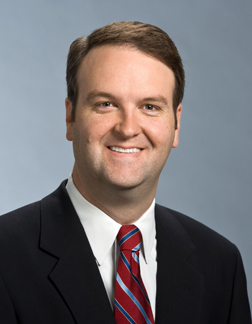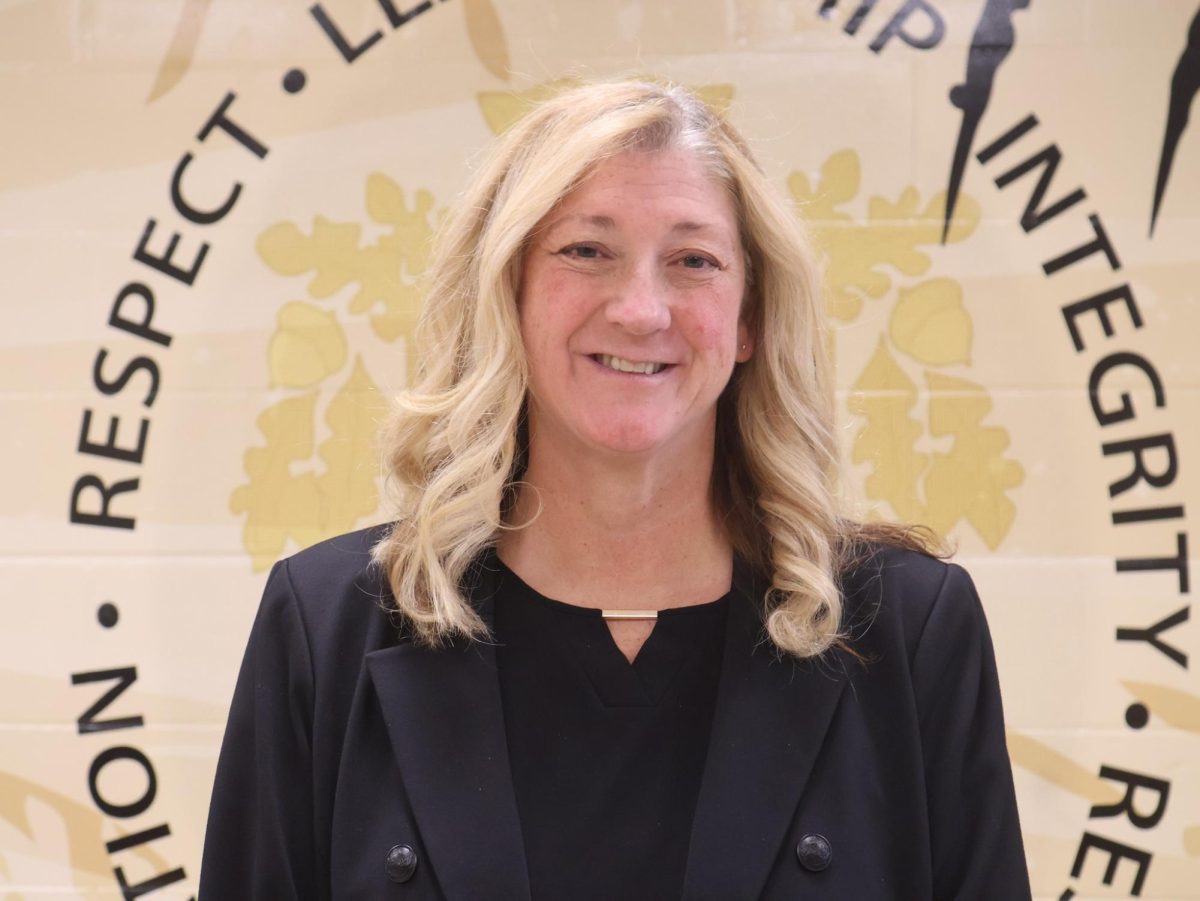By Gloria Lloyd
Staff Reporter
news3@callnewspapers.com

Surrounded by questions about his qualifications since the County Council hired him earlier this year, county Auditor Mark Tucker recently spoke out for the first time as those queries grew to include his personal finances, working hours and lack of completed audits.
The Call has repeatedly asked Tucker for comment since he began his tenure at the county, and he has declined to be interviewed. But after County Executive Steve Stenger called for him to be fired earlier this month, Tucker granted an interview to The St. Louis American newspaper to defend his position and outline the obstacles he’s faced trying to get work done in his first six months in office.
Tucker was hired on a 4-2-1 vote in February and took office in March.
He was backed by an alliance made up of most of the council’s Democrats and 6th District Councilman Ernie Trakas, R-Oakville, who saw him as an independent check on Stenger.
The St. Louis American noted that Tucker is probably the only black county auditor the state has ever had. He had previously worked on campaigns for council Chairman Sam Page, D-Creve Coeur, a former state legislator.
The previous auditor, David Makarewicz, finished eight to 11 audits a year, but Tucker has finished none.
Council members say they did not actually ask him to conduct any audits. For several weeks, they have promised that one could be coming soon.
The auditor’s job is not just to audit, but to provide “financial oversight to do the budgets,” Page told The American.
“The county auditor receives direction from the County Council and has been working on the plan that has been given to him,” Page said at the Sept. 5 council meeting. “That includes meetings outside the office, hiring on staff, working on a request for proposal for the outside financial audit and reorganizing an office that was in disarray,” and working on “local government best practices.”

Among the duties of the auditor set out in the county Charter and ordinances is a mandate that any monthly and quarterly reports filed by the county are to be filed with the auditor, who “shall examine and audit the same,” and submit monthly reports to the council.
But County Clerk Genevieve Frank has no record of Tucker filing any reports.
Stenger’s demand that Tucker resign from the $85,000 position was spurred by a television investigation that found that Tucker has a $91,000 federal tax lien and regularly came into the office late or not at all.
In response, Page told Stenger to “stop the harassment” of Tucker. He and Trakas believe Stenger is afraid of what Tucker might find, an assertion echoed by 1st District Councilwoman Hazel Erby, D-Uni-versity City.
“When he asks questions that ruffle the feathers, he is attacked,” she said.
Tucker told The American, “Shame on the person who is making this happen … It’s not relevant; it’s personal between the council and Stenger. I’m trying to get my job done, but it’s hard when I get 50 phone calls from media over this.”
Tucker and council members have given a range of explanations for why Tucker is not regularly in the office for what would traditionally be considered a desk job.
“The nature of the job isn’t that you sit at a desk for nine hours a day,” Trakas said. “Many times you’re going to different county departments, many times you’re at events that are off hours … Coming to work after 11 — I don’t know that that in and of itself can lead us to the conclusion that he is not diligently doing his job, I just think that it points that he’s somewhere other than his office.”
Because the deputy auditor quit after Tucker took office, the auditor said he has to work nights and weekends.
“If I only did it between 9 to 5, nothing would get done,” Tucker said.
But Tucker has worked one weekend and has regularly missed Wednesdays, according to a review of his badge logs through Aug. 29. His first 20 business days in office, he missed eight days entirely.
County documents show he has not taken any paid time off, the county’s version of vacation and sick days.
Trakas and other council members have justified the absences by saying that Tucker has been out conducting fieldwork at other county departments. Erby even alleged that Stenger hacked Tucker’s computer to sabotage his work when he first took office — an allegation Stenger strenuously denies.

In an email to a reporter, Tucker said, “As you can understand, this is not a traditional 9-5 job, and much work is done in the field before and after traditional hours. As an auditor I am required to attend statewide and local training meetings consistent with state statutes and professional standards.”
But Frank confirmed that Tucker’s only training came at an April statewide auditors’ conference and a regional meeting June 9 in Farmington.
And beyond those events, the county has not received any mileage-reimbursement requests from Tucker. Although council members believe fieldwork is part of the job, Makarewicz did not submit any mileage requests during his last six months in office, a time when he completed multiple audits.
Tucker’s first task in office was to develop a three-year request for proposals, or RFP, for the county’s annual Comprehensive Annual Financial Report, he said.
Tucker told The American, “There’s no way one person can do this all by himself … I had to rewrite the whole thing because it wasn’t written correctly.”
But except for dates and names, the RFP written by Tucker was largely unchanged from the RFP used in previous years. And documents obtained by the Call show that most of Tucker’s changes were taken verbatim from notes by Deputy Chief Accounting Officer John Shostrand, who urged Tucker days before the Aug. 1 deadline to make sure the RFP conformed to the required template.
County Administrative Director Pamela Reitz wrote in a memo, “The changes between the 2013 RFP and the RFP written by Mark Tucker are fairly minor. With a few exceptions, he included all of John’s comments in the final RFP.”
In the biggest change between RFPs, Tucker removed language that mandated that the auditor’s office “will” provide the external auditor 400 hours of auditing assistance. Now, the county auditor’s office “could” provide assistance. Against Shostrand’s advice, Tucker added that the assistance would be “limited.”
The auditor added the council into various approval processes but changed wording that only the county could terminate the contract to say that only the auditor could terminate it.


















